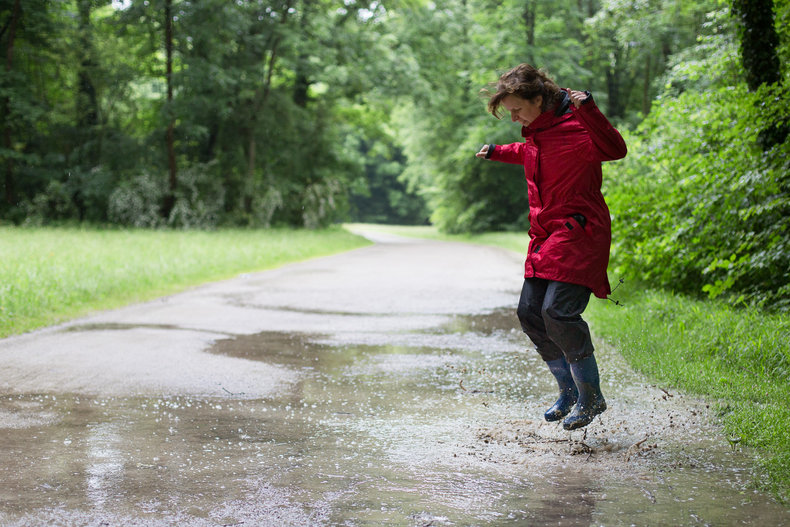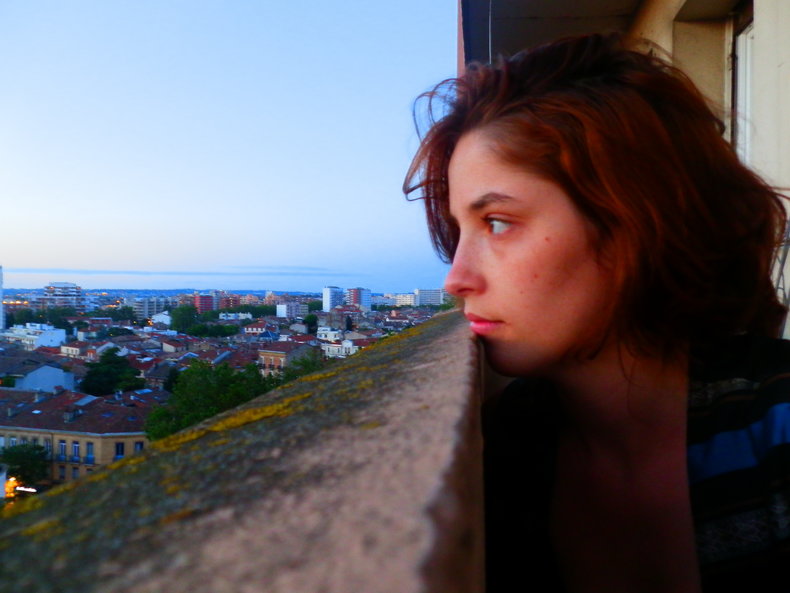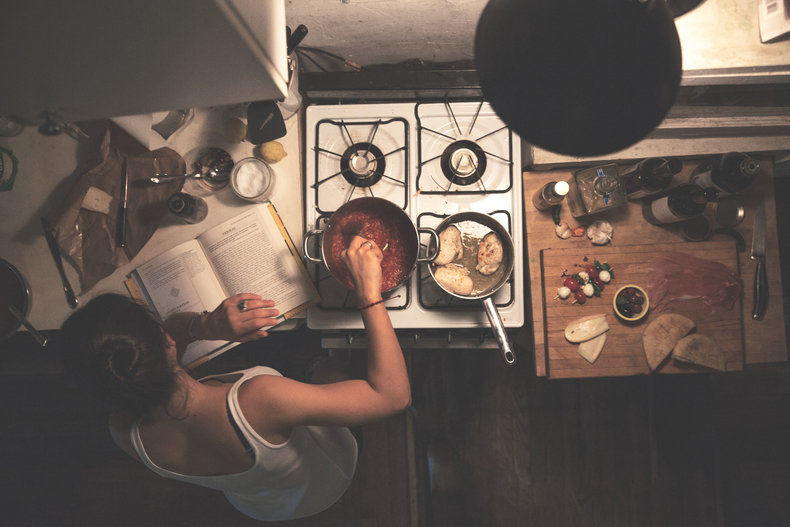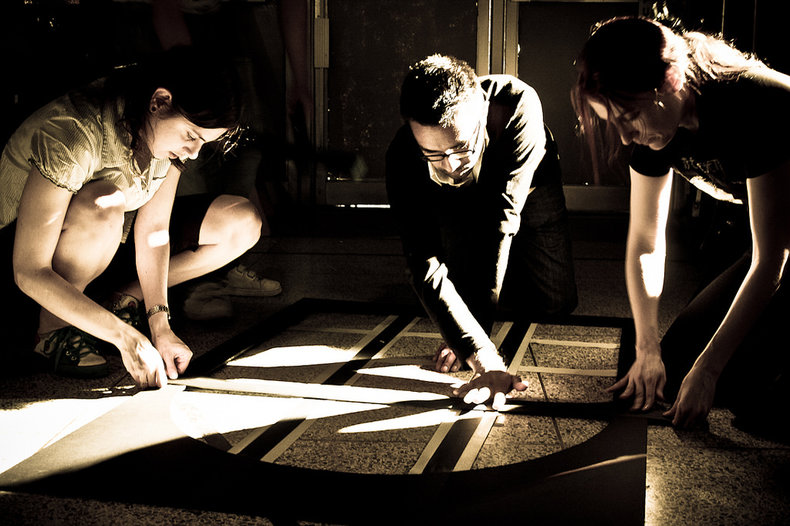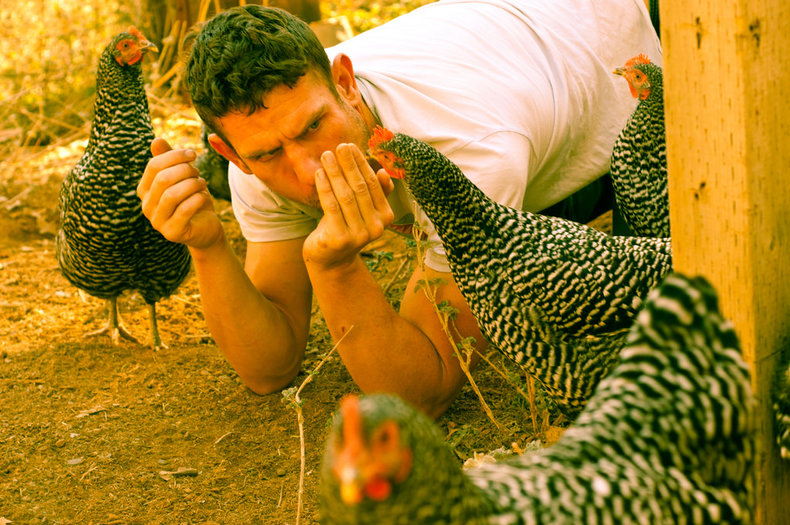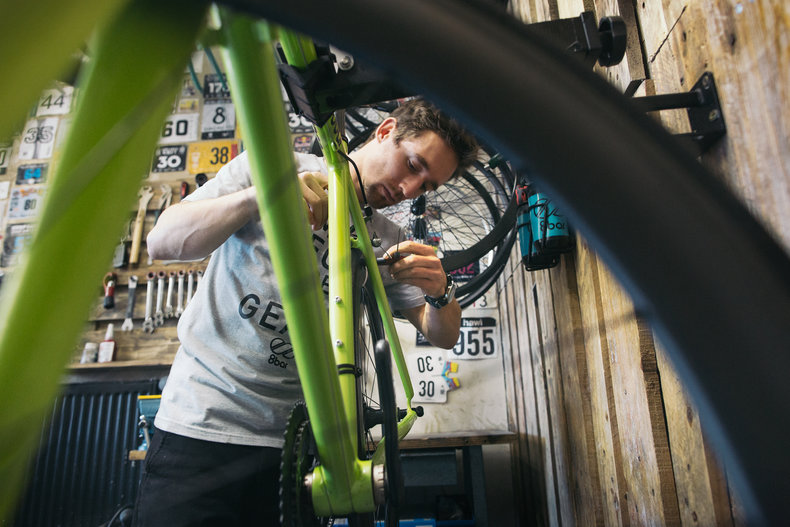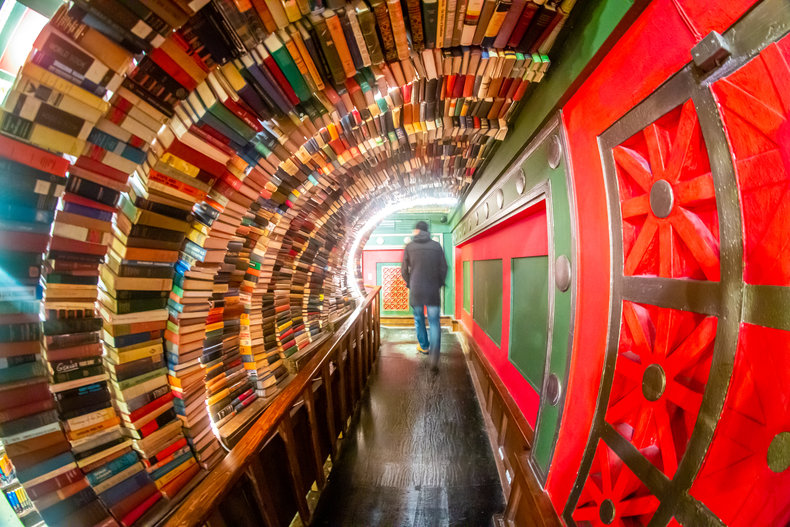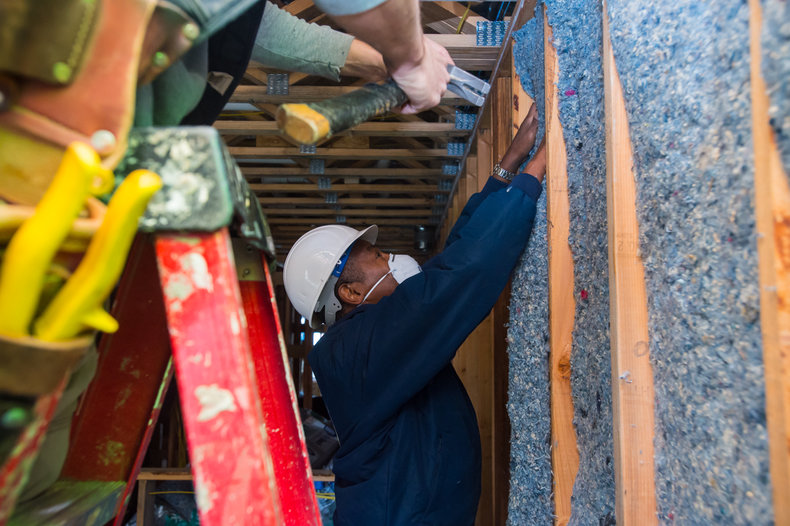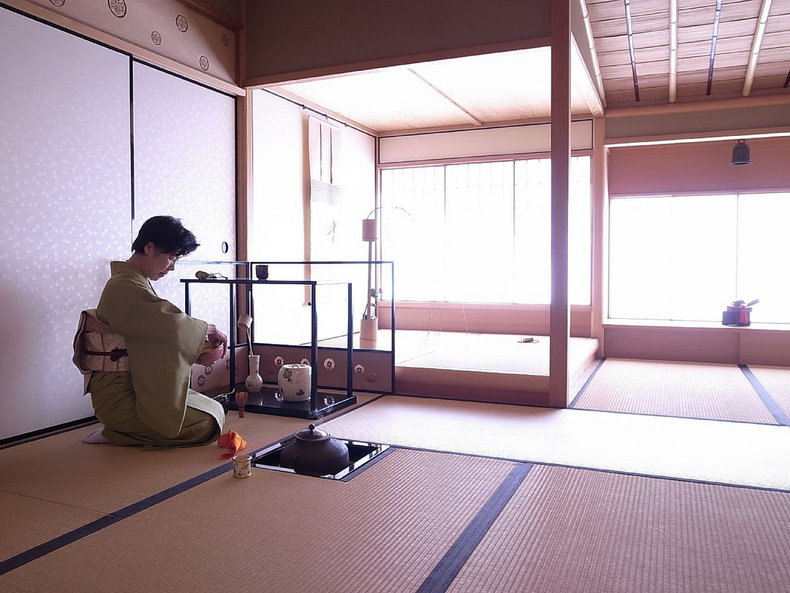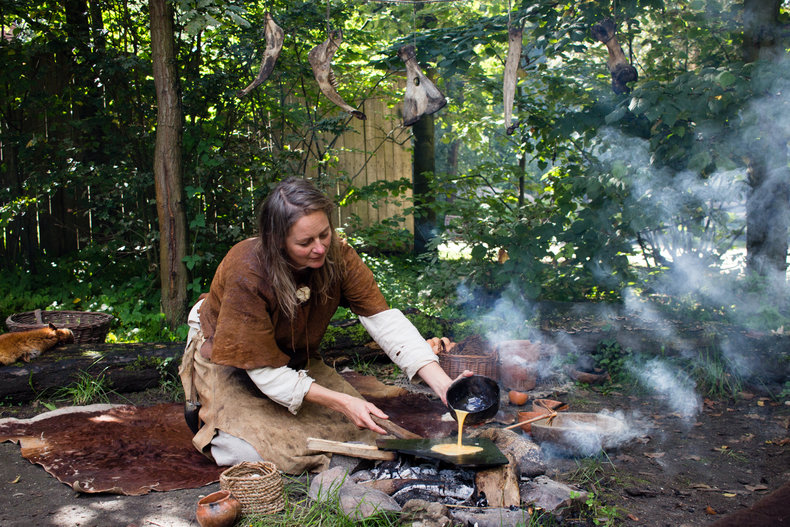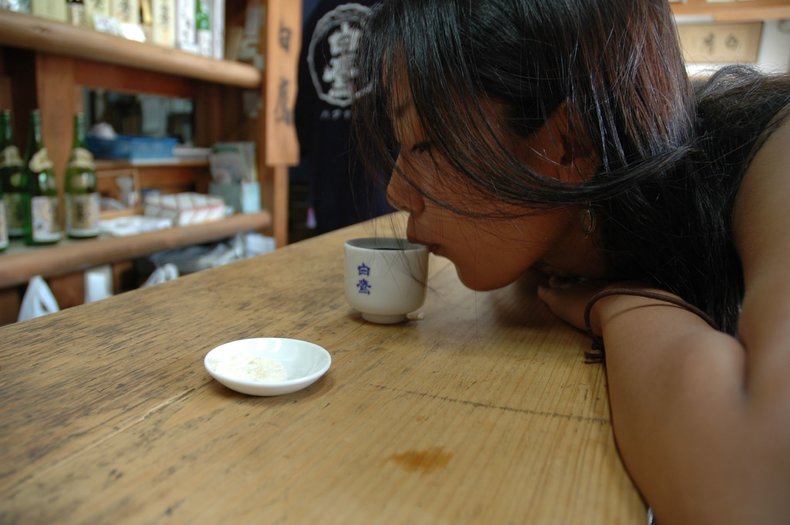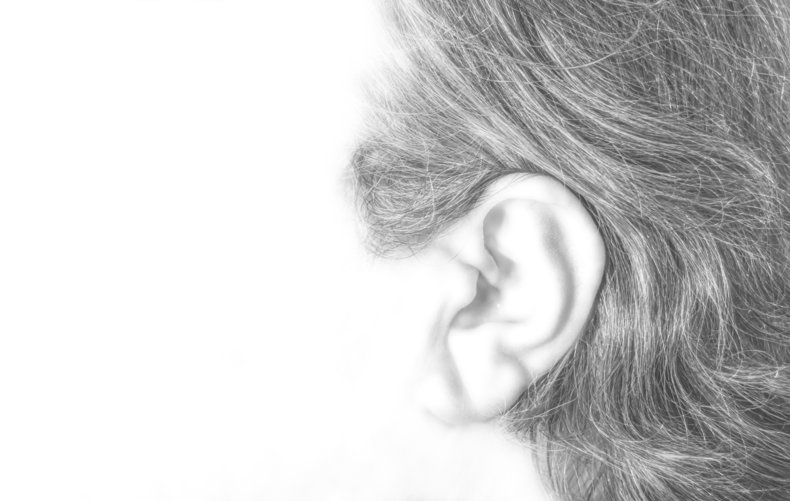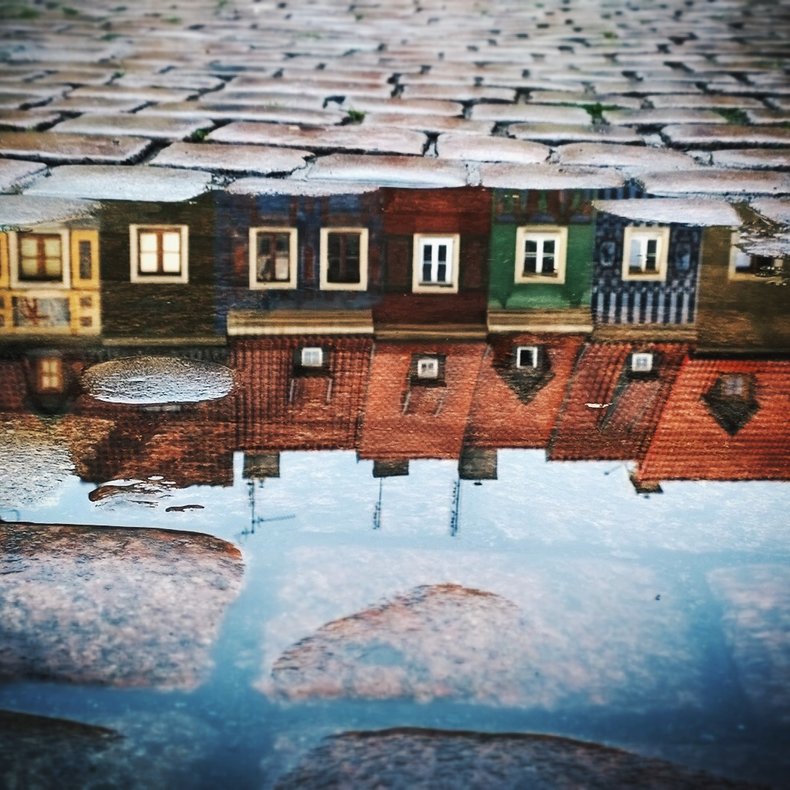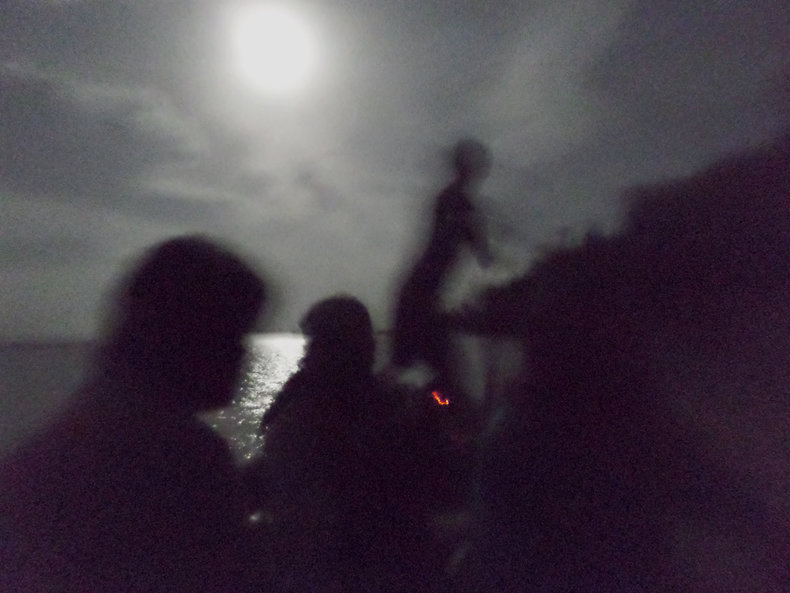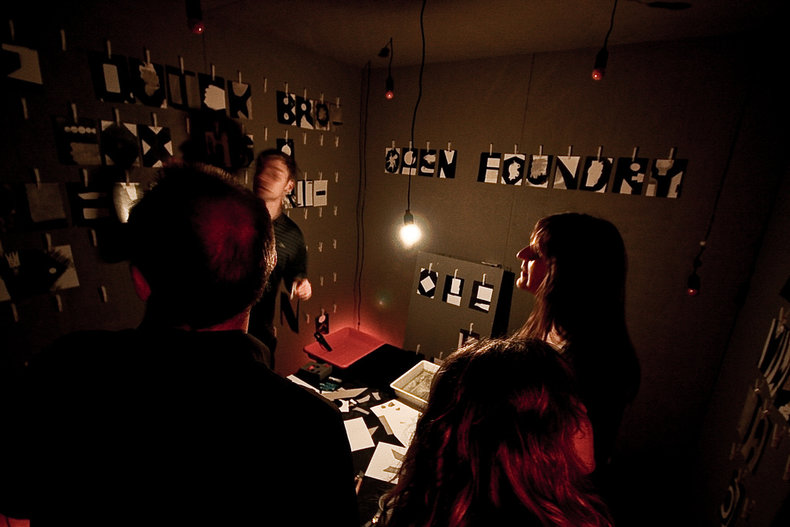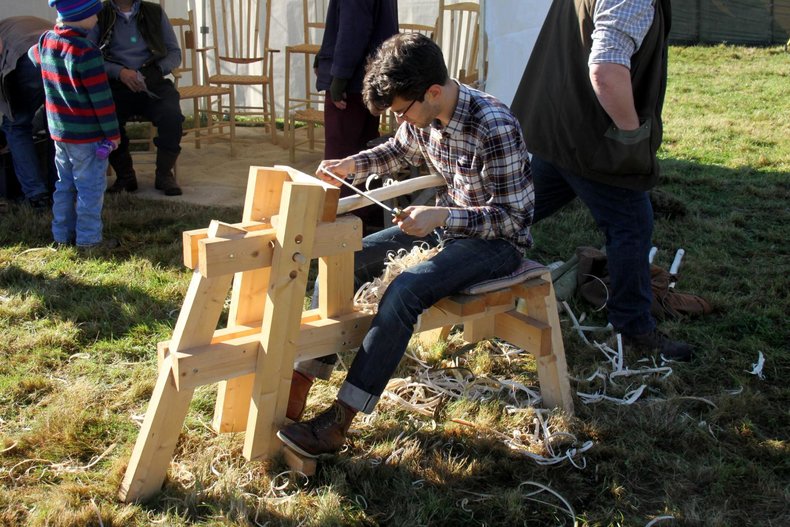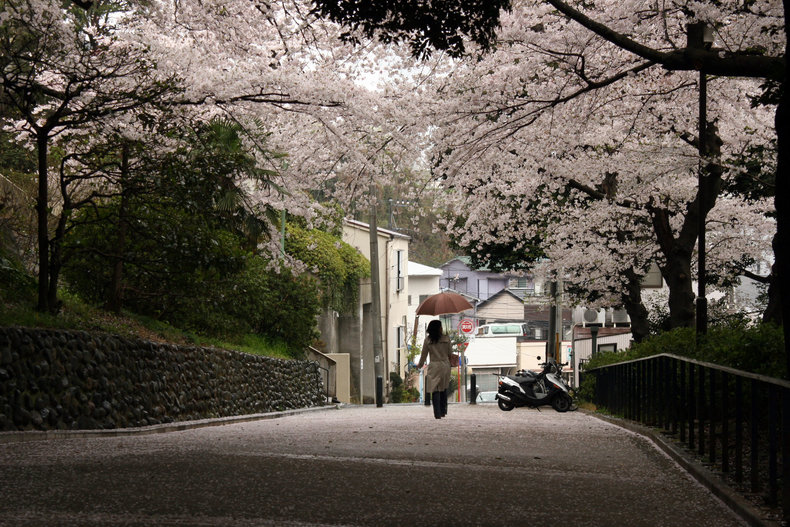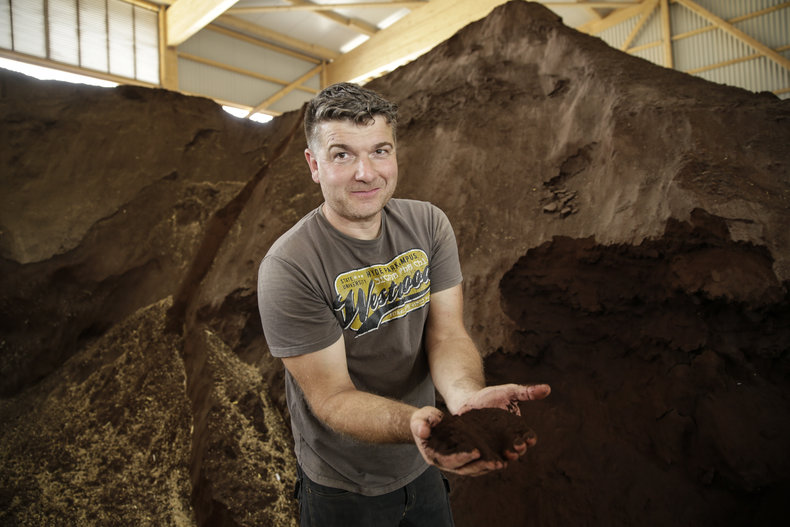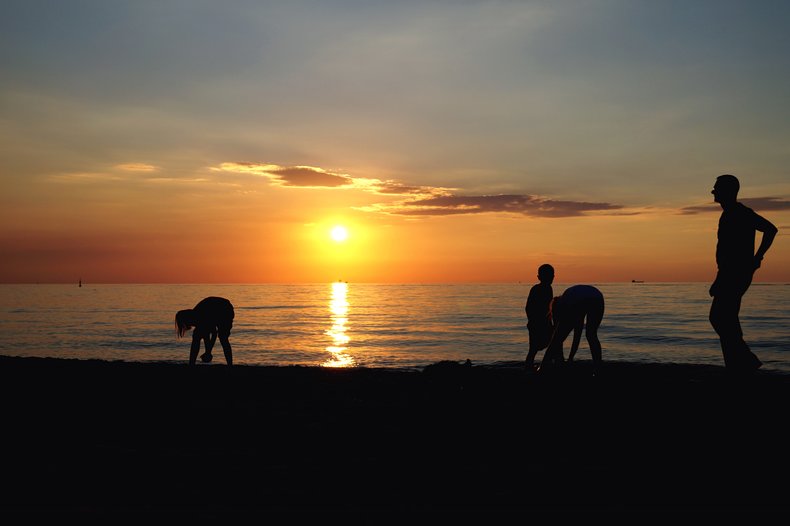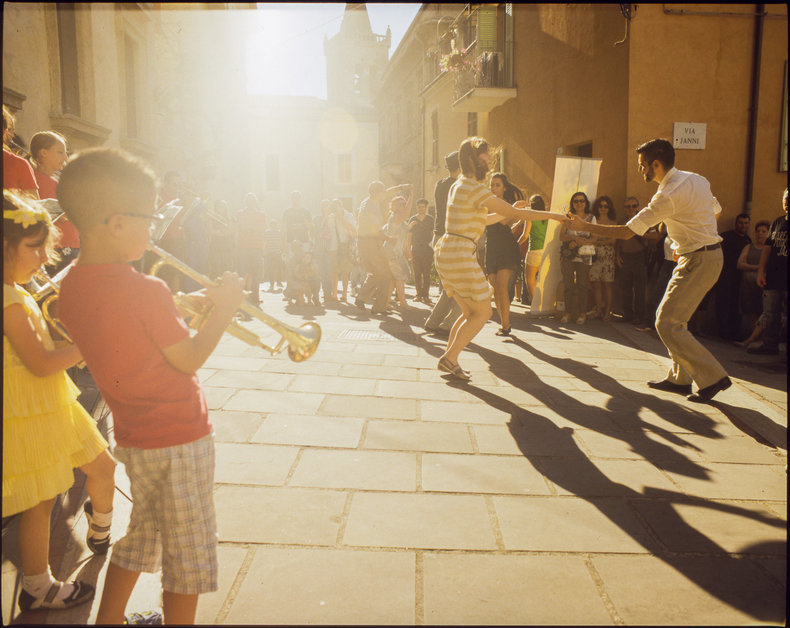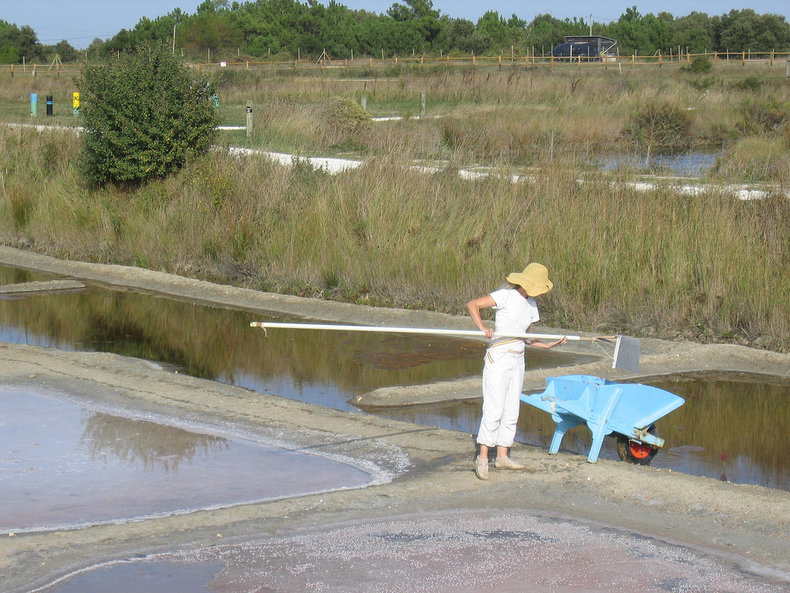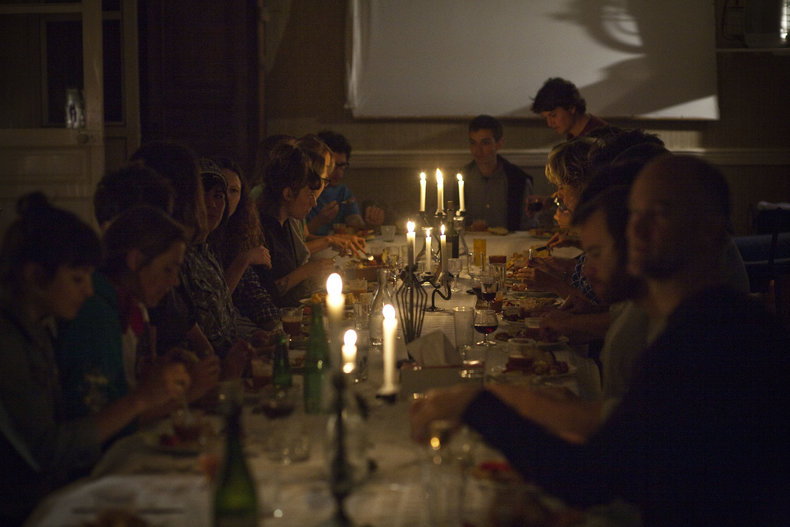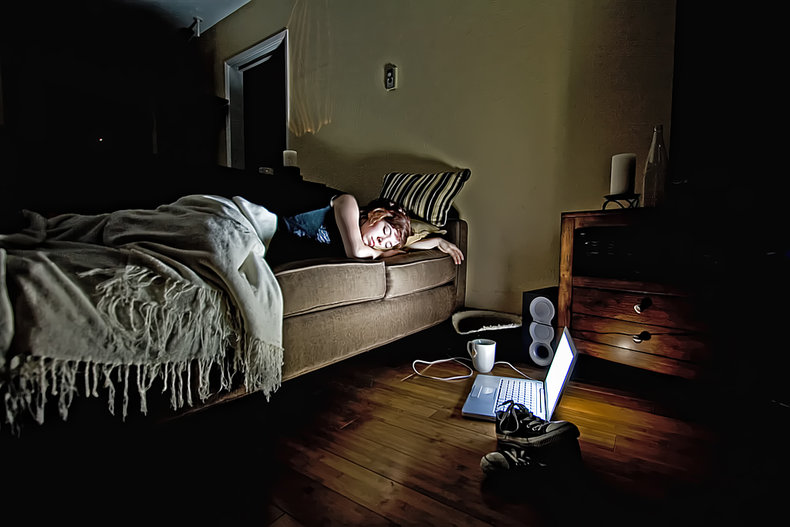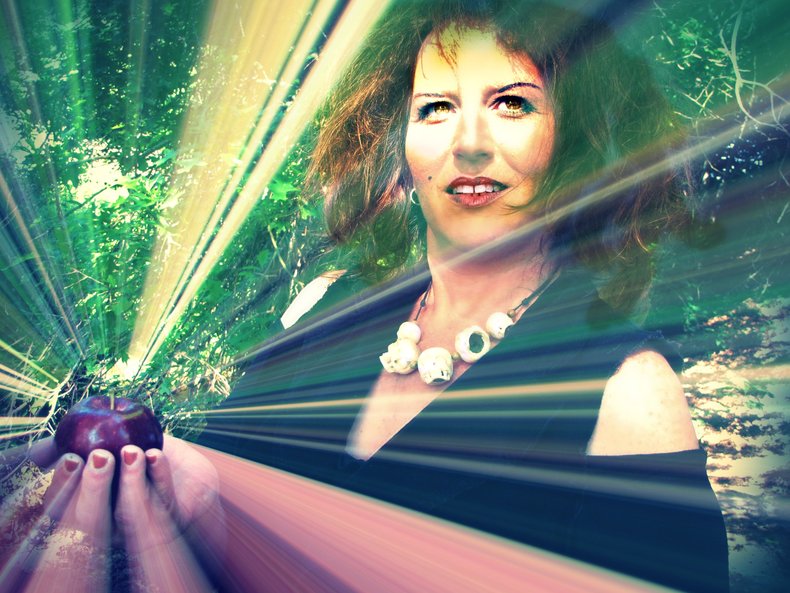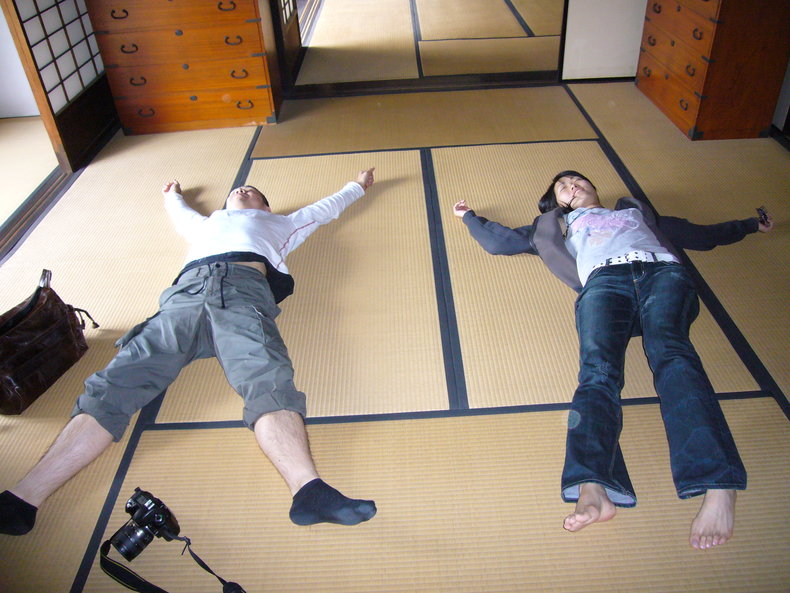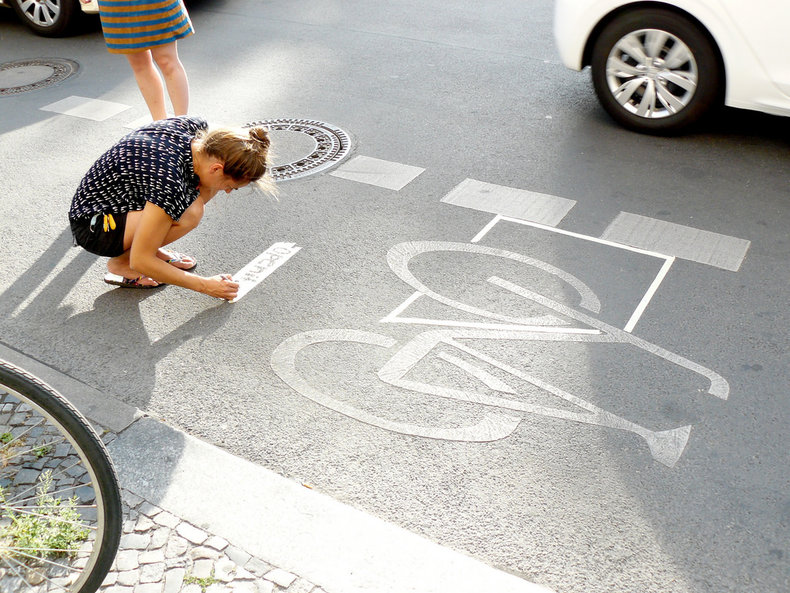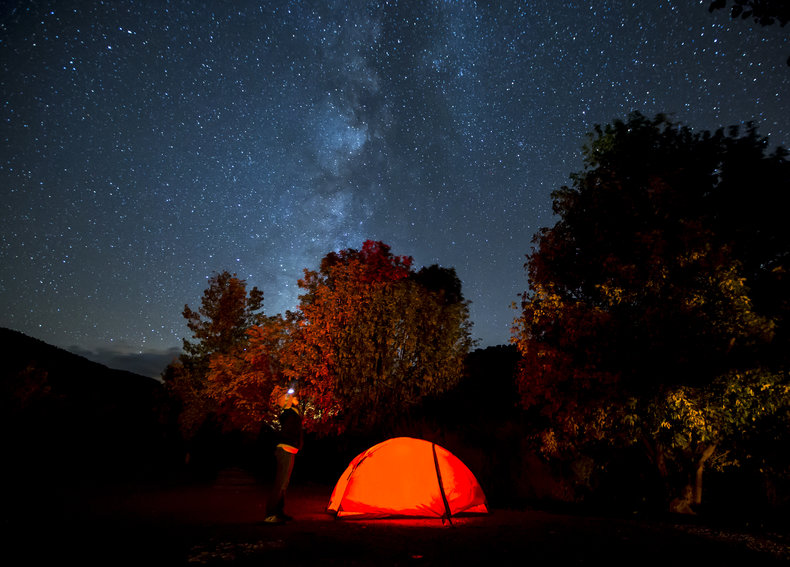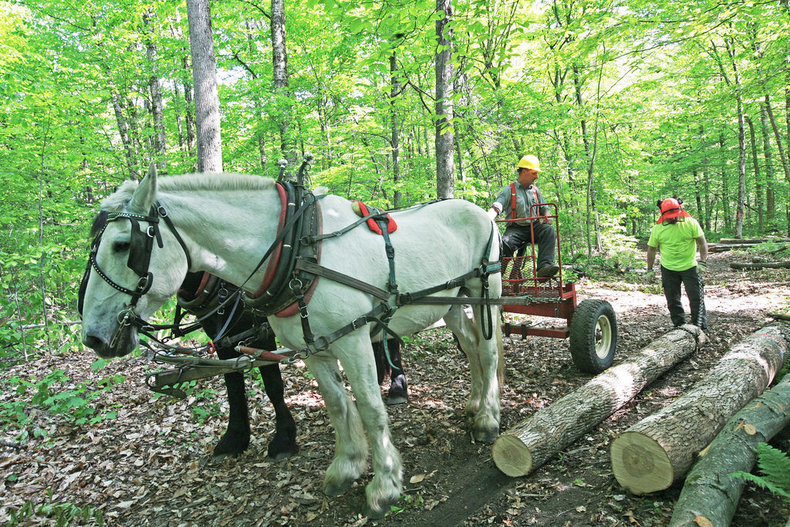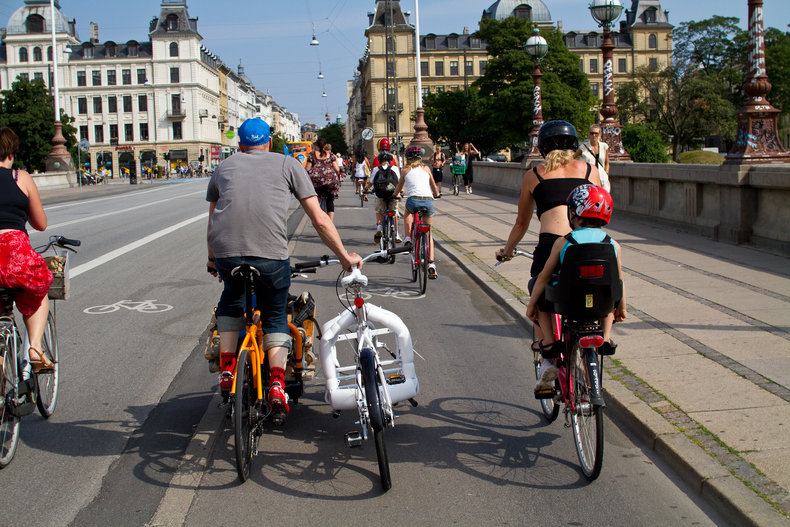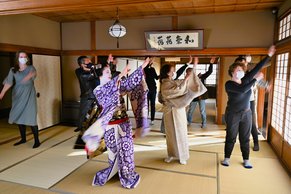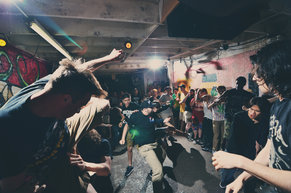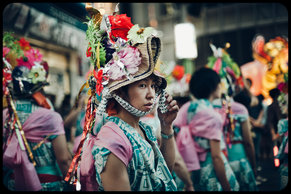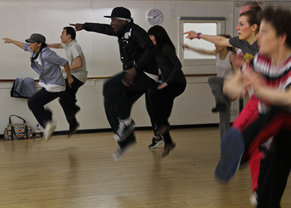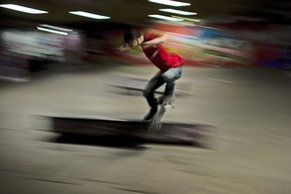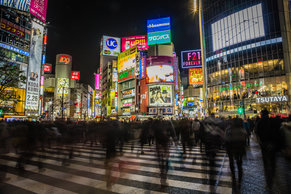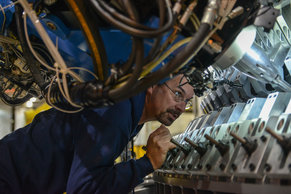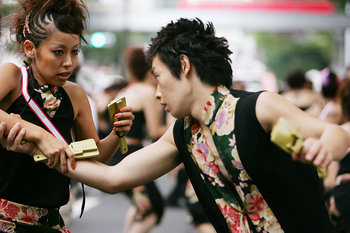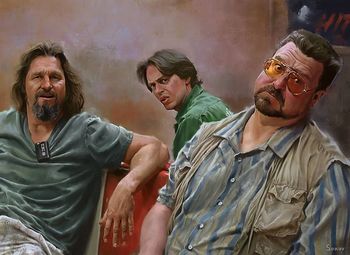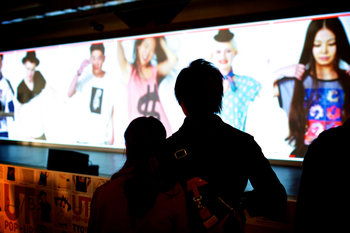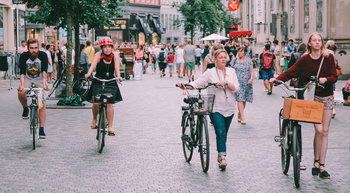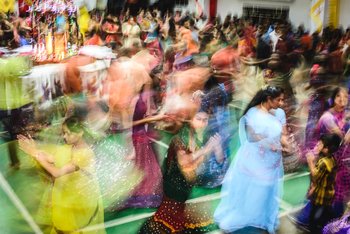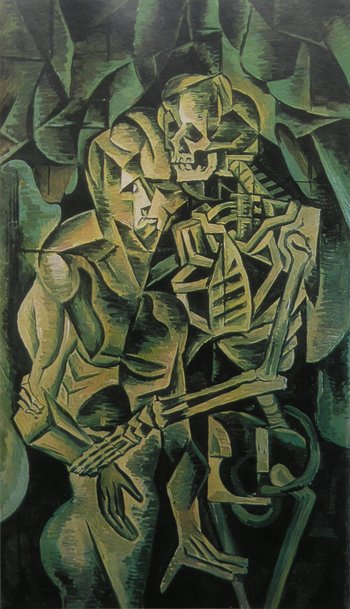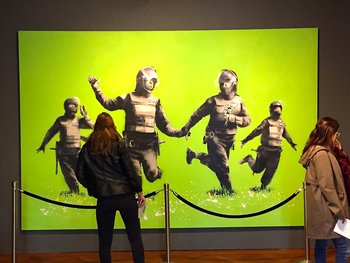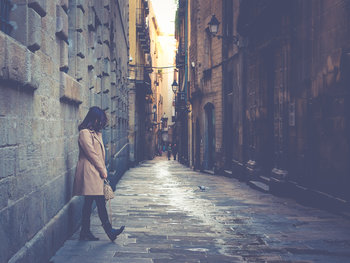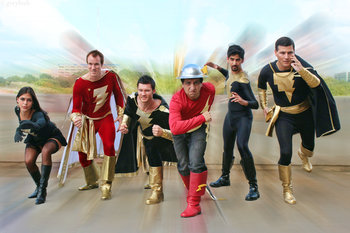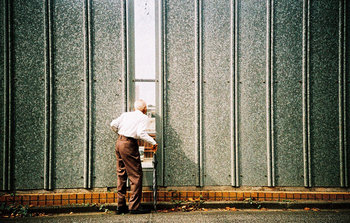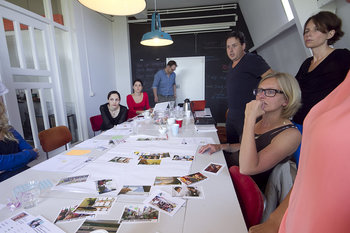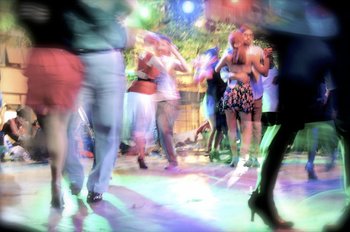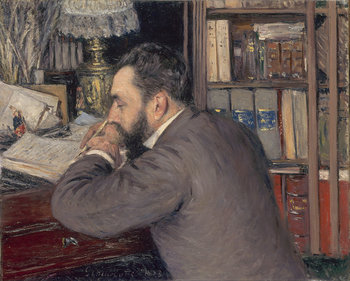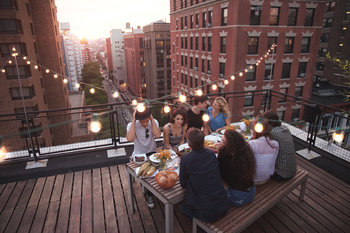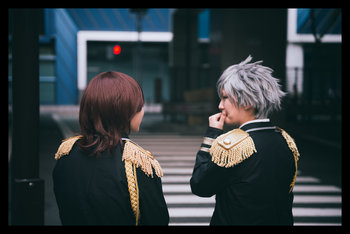|
| |
Simple living is the process of removing unnecessary complexity from your lifestyle. This is a large social movement that has several different flavors whereby people may be motivated by philosophy, financial goals, environmental & social consciousness, stress relief, social goals or life experience. The following are illustrative examples of simple living.Go Your Own WayThe idea that you should think about what you do as opposed to joining a system and competing with others to meet expectations.DiyDo-it-yourself, or diy, is the practice of designing, building, formulating, preparing, modifying and repairing things with little or no professional assistance. A strong independent ethic runs through those who seek simple living such that many adopt diy as a preference. Diy can also help to simplify things as it allows you to control design, build and formulation.
Design ThinkingPeople who pursue simple living tend to become designers whereby they need to use design to achieve their intentions. For example, a farmer who designs an irrigation system or an urban musician who designs low cost sound proofing so that they can work without complaint.ExperimentsOriginal diy is untried and untested. As such, it is a common practice to design small experiments to validate original designs and methods.Maintenance & RepairExtending the life of things with maintenance and repair.ReuseReuse is the practice of avoiding waste by reusing things efficiently. This includes conventional reuse that reuses things according to their original purpose and creative reuse that makes new things of greater or lesser value. These are known as upcycling and downcycling respectively.Problem SolvingDesigning, building, maintaining and repairing involves a great deal of problem solving. Pragmatic solutions such as workarounds are common.EleganceElegance is simplicity that beats complexity. Just making things simple is no victory. If you build a primitive mud hut this may feel sustainable and earthy but more complex designs will beat it in every imaginable way. Elegance is different. It is simple but functional, simple but emotionally compelling, simple but durable.RethinkChallenging assumptions in areas such as philosophy, values, goals, lifestyle and design.Culture & TraditionGenerally speaking, traditional lifestyles are simpler such that these serve as a valuable reference. User ExperienceUser experience is the practice of molding technology to serve the human experience as opposed to molding the human experience to conform to technology.MinimalismMinimalism is the practice of reducing things as far as they can be reduced. This can be quite impractical and harsh as it may eliminate things that have much value. In other words, minimalists may reduce in the name of reduction as opposed to any reasonable reason. As such, simple living shouldn't be confused with minimalism as it doesn't always go this far.MaterialismMaterialism is the idea that life is nothing more than a struggle for power and material accumulation. Generally speaking, simple living is a reaction against materialism. However, some individuals who advocate simple living are actually quite obsessed with material things. From a philosophical point of view, if you spend all your time thinking about your tiny house this is just as obsessed with material things as if you spend all your time thinking about your big house.WanderlustThe observation that humanity, public space, nature and the universe are far larger than anything you could personally possess. As such, when you are free of petty power struggles you notice that all of these things are there for you to explore.TrustPostmodern academic theories tend to portray the entire human experience in terms of power struggle. For example, language isn't a charming element of life but rather a tool of propaganda and control. These theories miss a common human behavior that is a basis for simple living -- trust. For example, a local economy that relies on trust in each other over controls such as regulations and contracts.Emotional DurabilityEmotional durability is the idea that if you invest your time in something, or appreciate the quality of something, it will mean more to you such that it becomes durable. For example, a chair that you design and build may be more emotionally durable as you are likely to use it with care and maintain it. Mono no AwareMono no aware is a Japanese concept that can be translated "an empathy for things." This is a philosophically deep type of materialism whereby you appreciate things and develop feelings for the role they play in life. The term mono no aware is also applied to empathy for nature such as the intense emotions and symbolic meaning people can attach to the change of seasons as reflected in plants such as the blooming of cherry blossoms in Spring.Thoughtful Consumption The global capitalist system is extremely efficient and technologically advanced such that most people participate in markets as consumers. Thoughtful consumption is the diligent consideration of the end-to-end impact of each purchase. This often considers both the value of an item to your life and impact to people & planet.Waste is FoodWaste is food is an ecological principle that human activities not release anything into the environment that isn't healthy food for an organism. This can still cause problems but is a reasonable principle nonetheless.FreedomA lightweight and inexpensive lifestyle tends to increase freedom as it can give people more choices, free time, independence and control. For example, if you have a small, inexpensive house this may greatly boost your disposable income and ability to save. This may also reduce the capital you require to retire. Reclaiming TimeRethinking the way that time is perceived and used. Think Global, Act LocalThink global, act local is the principle that you consider the global implications of your actions. Likewise, this principle calls for consideration of global risks and the building of local resilience.Slow LivingFocusing on the dignity and humility of simple tasks without a big rush to be more efficient. This involves a mindfulness whereby you focus on the moment to seek refinement in the smallest of things.Back to NatureThe view that people are happiest when they integrate into natural ecosystems in a nonhostile way.Health & WellnessPeople who pursue simple living commonly feel that it is beneficial to their health and wellness in areas such as stress reduction, exercise, positive mental states and healthy food.Essential ComplexityIn some cases, simple living embraces complexity where it adds value. This is known as essential complexity. For example, the use of computing devices that are technically complex because you feel they make your life simpler.Worse is BetterWorse is better is the principle that perfectionism is usually a mistake as you obtain most of your value when a work product is good enough. This can also include the idea that perfectionism reduces value. For example, an apple that is cultivated with chemicals to improve perceived quality such as shine, color and a lack of imperfections. Truth to MaterialsTruth to materials is the principle that materials not pretend to be something else. This often embraces either durable industrial materials such as concrete or natural materials. Where an industrial material is used, it mustn't pretend to be natural.Creative TensionPolitical protest and direct action that advocates for elements of simple living. For example, tactical urbanism that reimagines the automobile infrastructure that dominates most cities. Protest generates creative tension and direct action sidelines the political process to create change directly.Epic ExperienceThe pursuit of deeply meaningful experiences -- this can include any element of the human experience that is meaningful to you as an individual.Simple EconomyIn addition to being an individual lifestyle, simple living could be viewed as a market that includes elements such as products, services and media. For example, a local food market, secondhand shop or repair cafe. Likewise, media, manufacturing and ecommerce may be aimed at simple living enthusiasts.Simple SystemsIn some cases, entire societies, regions or cities systematize elements of simple living. For example, a society that prioritizes trains, bicycles and pedestrians over land-intensive transportation such as cars. This can be contrasted with societies that try to be as complex as possible such as a "smart" city based on surveillance technology and automation.
Way Of Life
This is the complete list of articles we have written about way of life.
If you enjoyed this page, please consider bookmarking Simplicable.
An overview of way of life with examples.
The definition of active lifestyle with examples.
A list of aerobic exercises.
A list of the common types of exercise.
An overview of free will with examples.
An overview of selling out with examples.
An overview of lifestyle exercise with a list of examples.
An overview of archetypes with examples.
An overview of physical culture with examples.
The definition of lifestyle with examples.
A list of examples of culture.
An overview of life expectancy for developed nations.
A list of physical activities.
The definition of tolerance with examples.
A list of the common types of travel.
A complete overview of the experience age including its characteristics and start date.
A list of words that can be considered the opposite of culture.
An overview of pop culture with examples.
TrendingThe most popular articles on Simplicable in the past day.
Recent posts or updates on Simplicable.
Site Map
© 2010-2023 Simplicable. All Rights Reserved. Reproduction of materials found on this site, in any form, without explicit permission is prohibited.
View credits & copyrights or citation information for this page.
|
